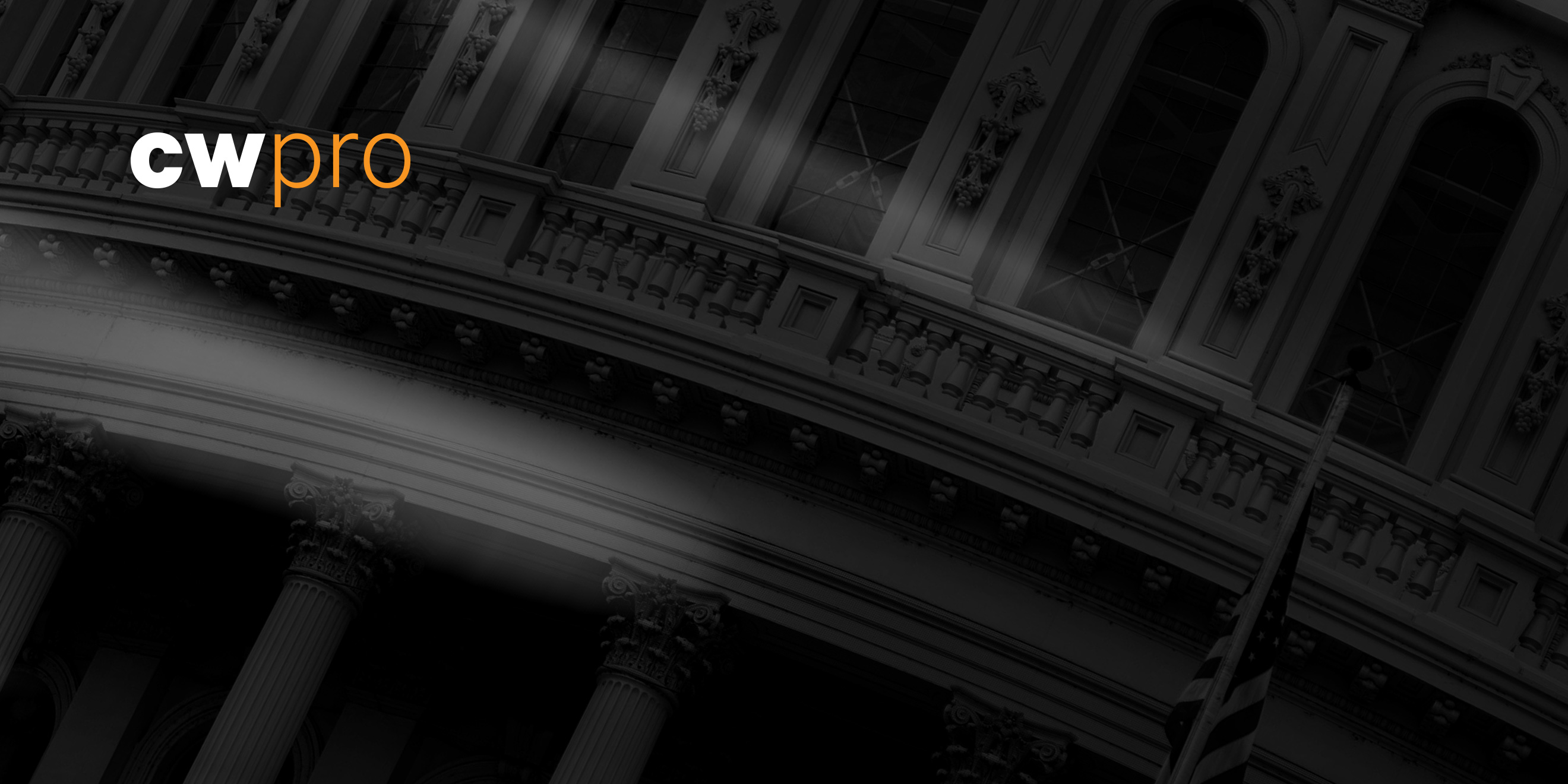At a glance.
- British-Australian talks intend to advance cybersecurity cooperation.
- Digital Services Act passed by the European Parliament.
- American Innovation and Choice Online Act advances in the US Senate Judiciary Committee.
Australia and UK to discuss cybersecurity collaboration.
Reuters reports that defense and foreign affairs officials from Australia and the UK are meeting this Friday at the Australia-United Kingdom Ministerial Consultations, and Australian defense minister Peter Dutton says the talks will focus on cybersecurity. “Both the UK and Australia get regular attacks from Russia and from China, Iran and other countries,” he stated, adding that Australia and the UK are prepared to “fight back.” Ahead of the talks, Australia’s Minister for Foreign Affairs Marise Payne and Britain’s foreign secretary Liz Truss signed an agreement stating Australia and Britain will collaborate on cyber sanctions. “Australia is committed to working with partners such as the UK to challenge malign actors who use technology to undermine freedom and democracy,” Payne stated.
EU adopts Digital Services Act.
Last week the EU parliament voted to adopt the Digital Services Act (DSA), which sets out transparency requirements and due diligence obligations for the digital single market, Euractiv reports. Christel Schaldemose, the leading MEP on the file, explained, “We have an opportunity to create a new global golden standard for tech-regulation that will inspire other countries and regions.” The legislation passed only after several modifications to the original text were made, the biggest of which impacted ad tracking. A bid to ban all ad tracking was pushed by the Tracking-free Ads Coalition, but in the end a compromise was reached, focusing on ads targeting minors.
American Innovation and Choice Online Act passed by Senate Judiciary Committee.
In a victory for supporters of tighter regulation of Big Tech, the Senate Judiciary Committee voted to pass the American Innovation and Choice Online Act, antitrust legislation aimed at preventing tech giants from “self-preferencing,” or favoring their own goods and services over those of their competitors. As the Wall Street Journal explains, Senator Amy Klobuchar of Minnesota called the move “the first time that a major tech bill on competition has advanced to the Senate floor since the dawn of the internet.” For months, Amazon, Facebook, Google, and Apple voiced their opposition to the bill, some even funding advocacy groups opposing the measure, but smaller tech companies like Yelp say the law will prevent the abuse of market power. Some officials like Senator Mike Lee of Utah worry the bill is too broad. “It may actually entrench the very four companies at which it is aimed by creating a strong incentive to simply cease doing any business with third parties. This could crush thousands of small businesses, and it could actually worsen the state of competition in online markets,” Lee stated. CNBC notes that senators offered more than one hundred amendments to the bill, but only a few were discussed and just one adopted: a modification aimed at making it more difficult for foreign adversaries like China to access US user data.
